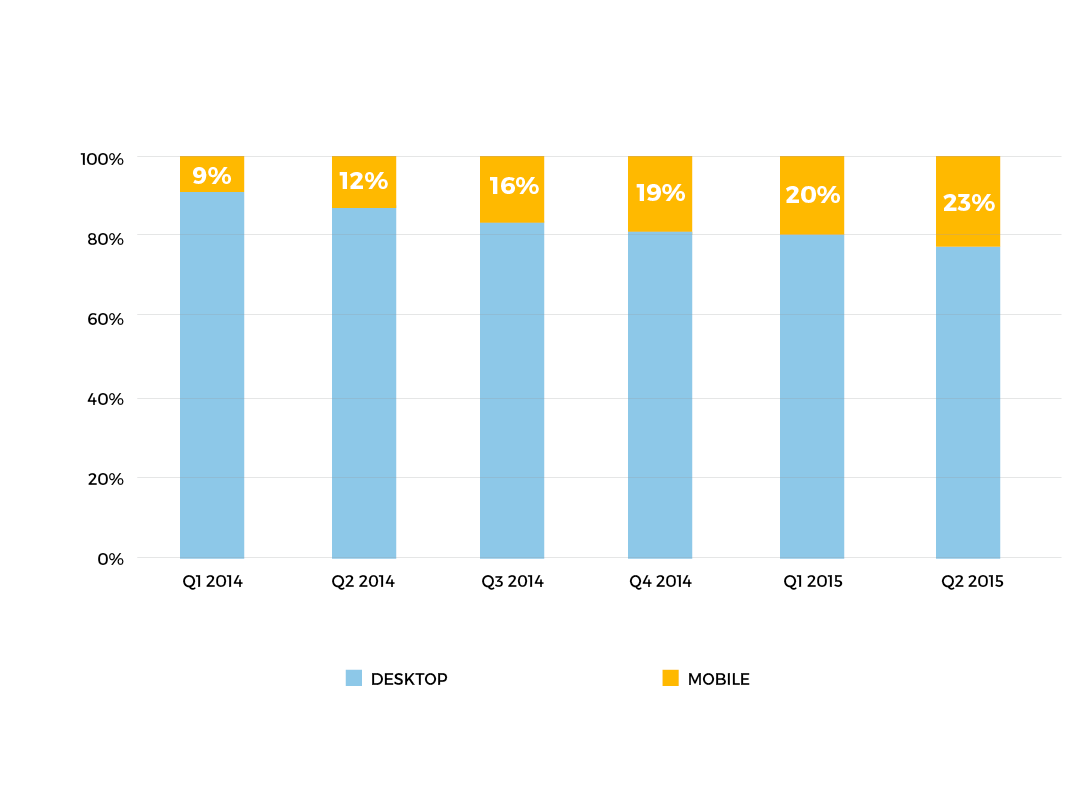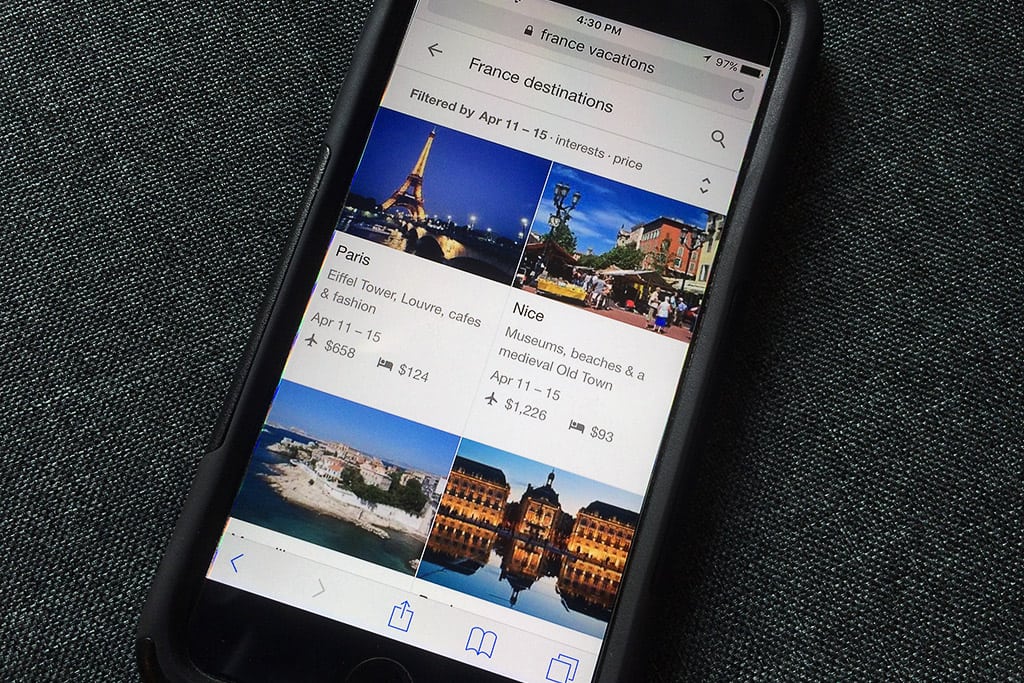Skift Take
The world of hotel technology software, or the “tech stack,” has long existed as a fragmented puzzle. What solutions and strategies will help hotel owners stay competitive, and profitable, in the years to come?
Last month we launched a report in our Skift Trends Reports service, The Strategic Guide to a Modern Hotel Technology Stack.
In this report, we took a deep dive into the increasingly complex world of hotel technology. Our goal was to give our Insider Community a solid overview of what’s happening in hotel tech, but also to highlight some of the challenges and opportunities in working with some of the world’s leading hotel property management systems.
Below is an excerpt from this report. Get the full report here to stay ahead of this trend.
Also challenging for hotel owners are the ever-changing technological expectations of guests. “If you think about consumer facing brands like Uber, Netflix and Amazon, they are the ones that are setting guest expectations really high,” said Kenny Lee of Revinate.
Whether it’s in the areas of on-demand delivery of services via mobile devices or personalization of an experience based on past habits, many brands both within the hotel industry and beyond are finding themselves subject to the same expectations created by these services. “How could people not expect that from other brand interactions in the rest of their daily lives?,” said Lee
Other executives in the hotel technology space also agreed with this assessment. “Now that consumers demand and expect that [a service] comes on mobile [devices] in other industries, those guest expectations are coming through into the hotel [as well],” said Alex Shashou, president of ALICE, a hospitality tech platform. “If you think about 20 years ago…back then a hotel was the most technologically-advanced [place you visited]. The room had a nice big TV, it had video on demand, it had a phone you could order food through. Some [properties] had fancy light systems. This was way before mobile. Now, if you think about it, a hotel room is almost the least tech place you stay. You’re much more connected at home, to services around you. You have complete control, from cars to food to transport to travel.”
Another source of rising guest expectations are well-known changes in how consumers find and book hotel rooms, a topic with relevance to the world of channel management software. As a now-famous (and frequently cited) Expedia study found in 2013, the average travel booker will visit 38 sites before completing their online purchase. This has vast implications for hotel tech decision-making when it comes to online distribution, as it can make trying to track such purchases ever-more complicated for hotel owners.

Source: Criteo
Mobile is not just changing the size of the screen consumers use to book rooms, it’s also changing the very nature of how services are requested and delivered at hotels. “People confuse mobile as just being an interface,” said Shashou. “Mobile is not an interface: anyone can put a pretty picture on a phone. What mobile really is is the service delivery underneath it,”
Purchase the report to read the full interview, or subscribe to Skift’s Insider Community and gain access to our entire vault of premium travel market and industry research.
Get Skift Research
Skift Research products provide deep analysis, data, and expert research on the companies and trends that are shaping the future of travel.
Have a confidential tip for Skift? Get in touch
Tags: research reports, The Digital Transformation Brief
Photo credit: Google's mobile destination guides link to booking options. Skift
